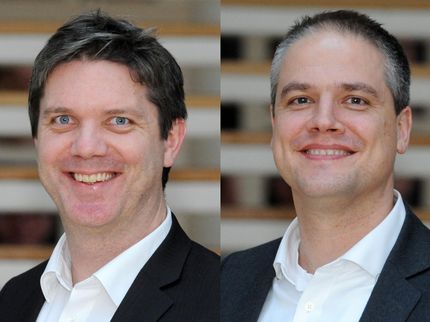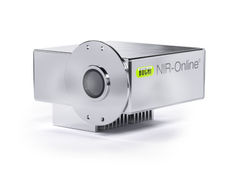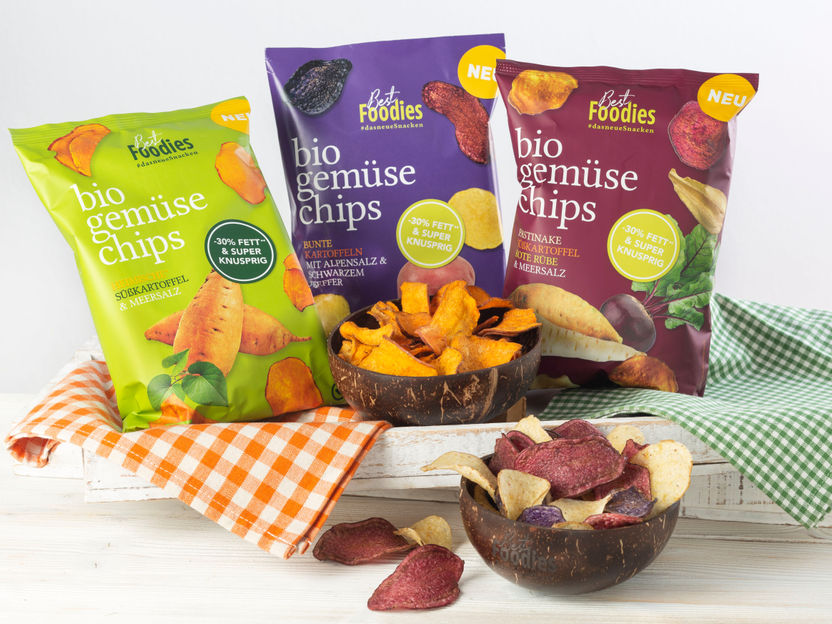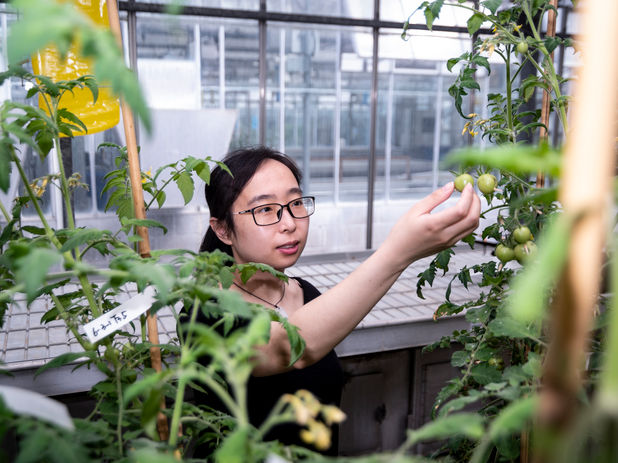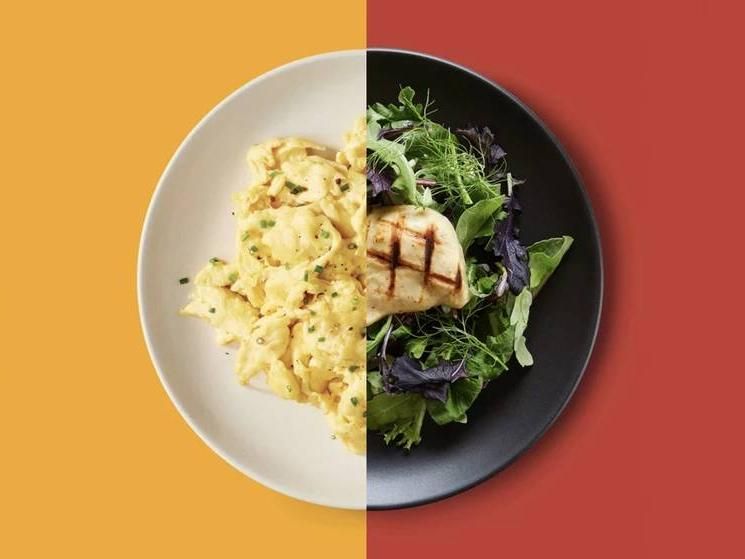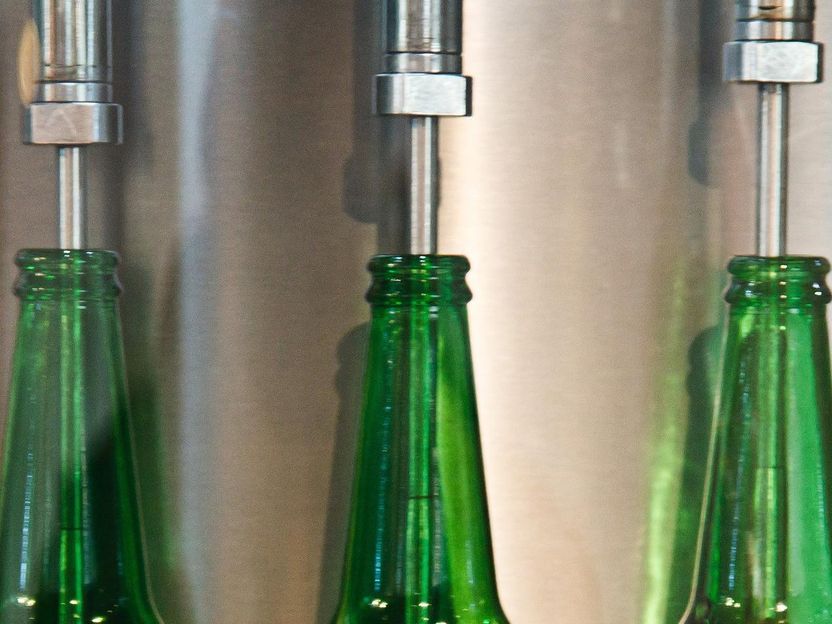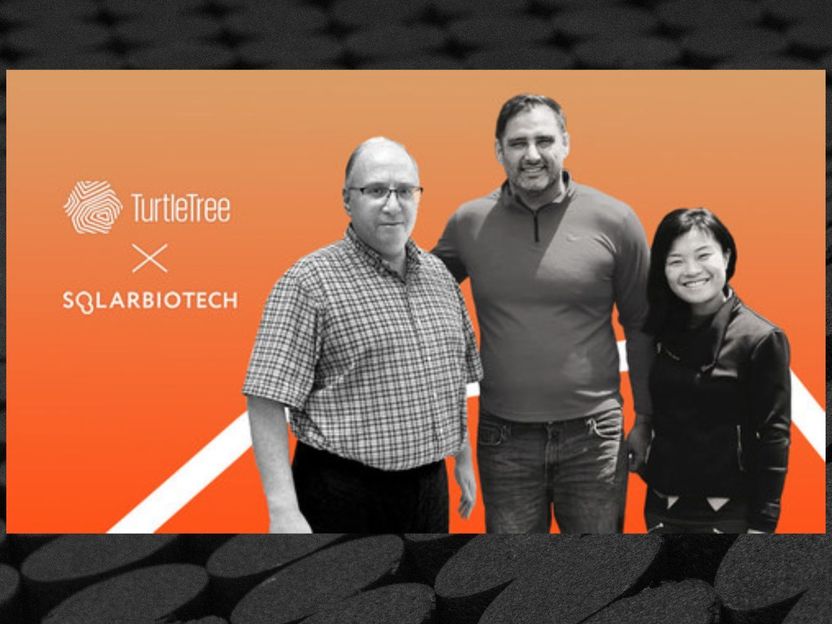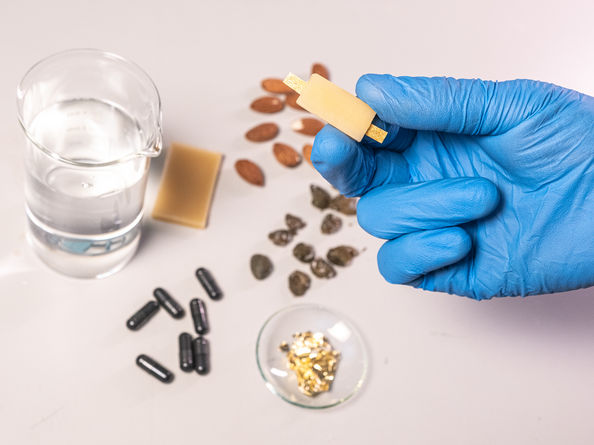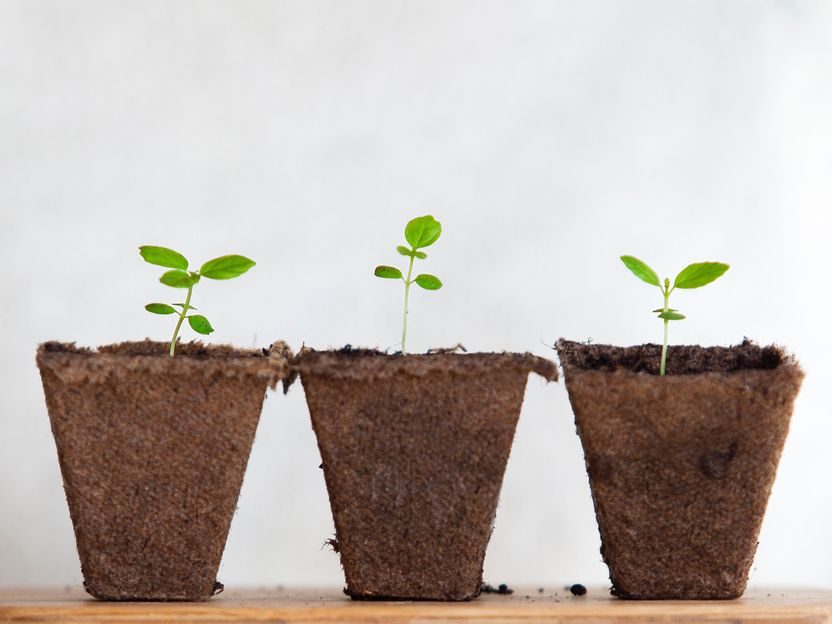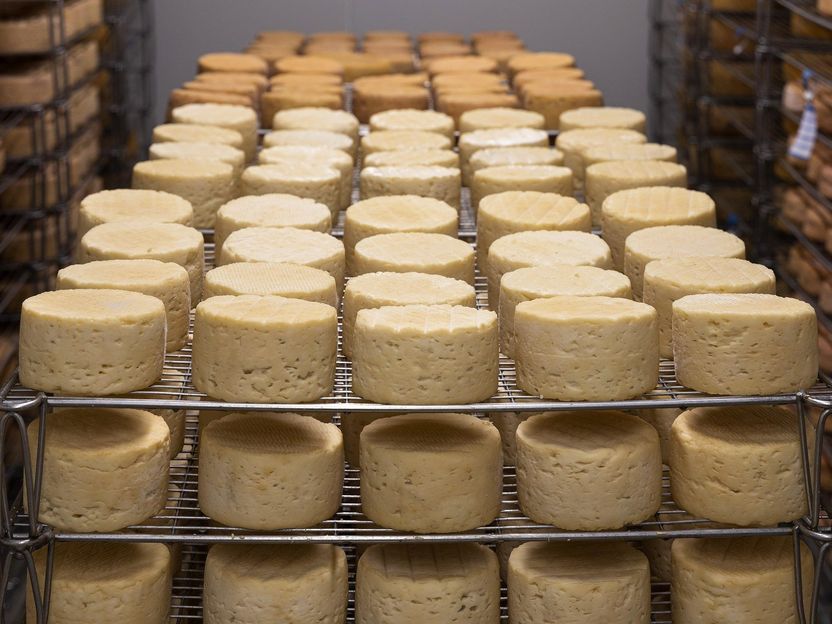Start-ups deliver fresh ideas for packaging innovations
Start-ups are all about new approaches and unconventional solutions. Through these ideas they can also help equip the packaging industry to meet current challenges.
For a long time now, demands for more environmentally-friendly materials and transport methods and comprehensive recycling of packaging have been more than just trends in consumer awareness. Any manufacturer attempting to develop specific packaging to offer more sustainable solutions knows that putting this into practice is not that easy. Factors like food safety, transport protection or technical feasibility often impose limitations on what is possible. This is why the major players in the industry are pulling out all the stops to develop alternative materials and processes. But a lot is happening even apart from the R&D being done by global players.
Challenges as opportunities The changes in the packaging industry offer an ideal breeding ground for innovative ideas that in many cases actually do originate in the proverbial garage. Nevertheless, young companies nowadays do have it somewhat easier than the technology upstarts in the USA in the 1980s. Companies that are already successful on the market are specifically seeking out start-ups with promising approaches. Digitalisation, for example, the pet project of many a start-up, can contribute significantly to the profitability and environmental compatibility of packaging thanks to efficiency improvements, smart logistics and new marketing concepts.
Successfully combining experience and the courage to innovate Some things that require complex changes on the part of large companies are tackled more easily by many of the inventive minds and trail-blazers from the start-up scene thanks to their open-minded approach. Partnerships allow the two worlds to come together in a way that is both practical and profitable. According to a survey by the RKW (Centre of Excellence for German SMEs), more than a third of all the SMEs polled have already cooperated with a startup and 80 percent would recommend this kind of collaboration. The main reasons given for these partnerships are to develop innovative products, exploit new technologies or tap into new markets.
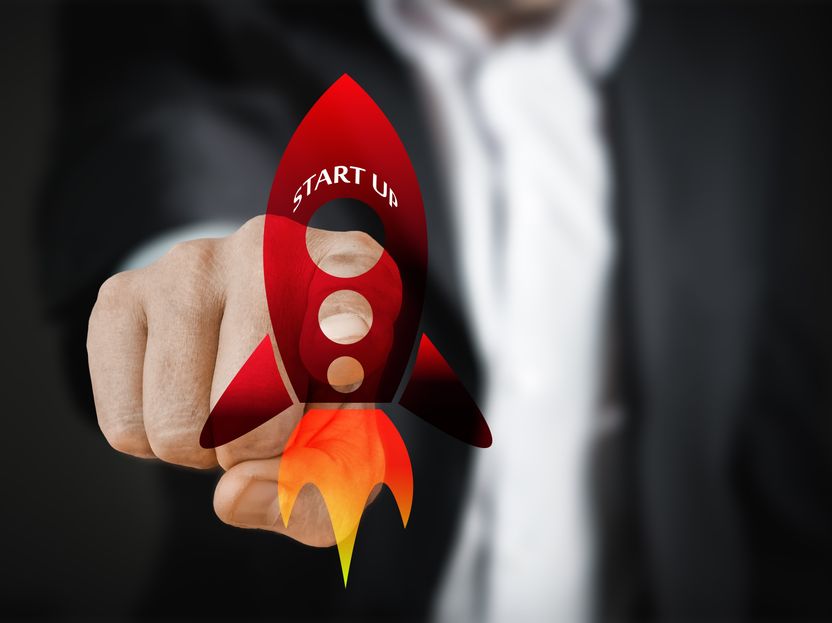
Image by Gerd Altmann from Pixabay
With their innovative and often unconventional business ideas, start-ups represent important sources of inspiration for new packaging concepts. This fact has not gone unnoticed by ALDI, for example. Since January 2019 it has been the first grocery retailer to work with start-up accelerator TechFounders. The goal of the collaboration is to develop sustainable solutions and innovations for packaging and plastic reduction.
Trade fairs as networking forums Taking part in a trade fairs like FachPack can also provide a launch pad for making contacts and kicking off exploratory discussions. As well as hosting two pavilions for innovative young companies from Germany, Europe’s leading exhibition for the packaging sector also put the spotlight on international start-ups for the first time this year. In the new international Start-up Area, companies were able to introduce themselves in a presentation area and networking lounge. At all three pavilions, it was clear where the winds of change from the start-up scene are coming from, as issues of sustainability and digitally connected supply chains were top of the agenda.
BoxLab, for example, combines process optimisations with improved sustainability through its on-demand delivery of labels. Ffly4u makes mobile assets like pallets and cable drums ‘communicate’ using intelligent sensors, while hoopo’s tracking technology also helps users maintain an overview of transport conditions and locations of goods and mobile assets. XT Supply is a one-stop shop for packaging materials that cuts the number of inquiries having to be sent to different vendors. Here too, environmentally compatible padding and filling materials play an important role. When seeking alternative raw materials for shipping boxes, kompackt61 came up with insulating packaging made from jute in a bioplastic cover based on potato starch that offers a good alternative to polystyrene. Smart Coloring has undertaken to make coloured plastics easier to recycle, while FairCup is tackling the issue of single-use cups. FairCup started off as a student project at a vocational college in Göttingen and initially became established in northern Germany before spreading to the rest of the country. The company now sells its reusable (deposit system) cups throughout Germany and is currently in negotiations with numerous supermarkets, bakery and petrol station chains.
NürnbergMesse identified the potential of young companies early on, and since 2007 has been successfully promoting start-ups at many of its trade fairs, including FachPack. NürnbergMesse is the exhibition venue in Germany with the largest number of subsidised pavilions for innovative young companies: The purpose of these various participation opportunities is to increase the chances of success for technology-driven business ideas, accelerate the growth of these new companies and enable them to move the entire industry forward through their innovations.
Other news from the department business & finance
These products might interest you
Most read news
More news from our other portals
Something is happening in the food & beverage industry ...
This is what true pioneering spirit looks like: Plenty of innovative start-ups are bringing fresh ideas, lifeblood and entrepreneurial spirit to change tomorrow's world for the better. Immerse yourself in the world of these young companies and take the opportunity to get in touch with the founders.
See the theme worlds for related content
Topic world Food safety
Food safety is at the heart of the food and beverage industry. It ensures that the food we eat every day is not only nutritious, but also free of harmful contaminants. From field to plate, the industry monitors and regulates every step of the process with strict quality controls, advanced testing methods and continuous research.
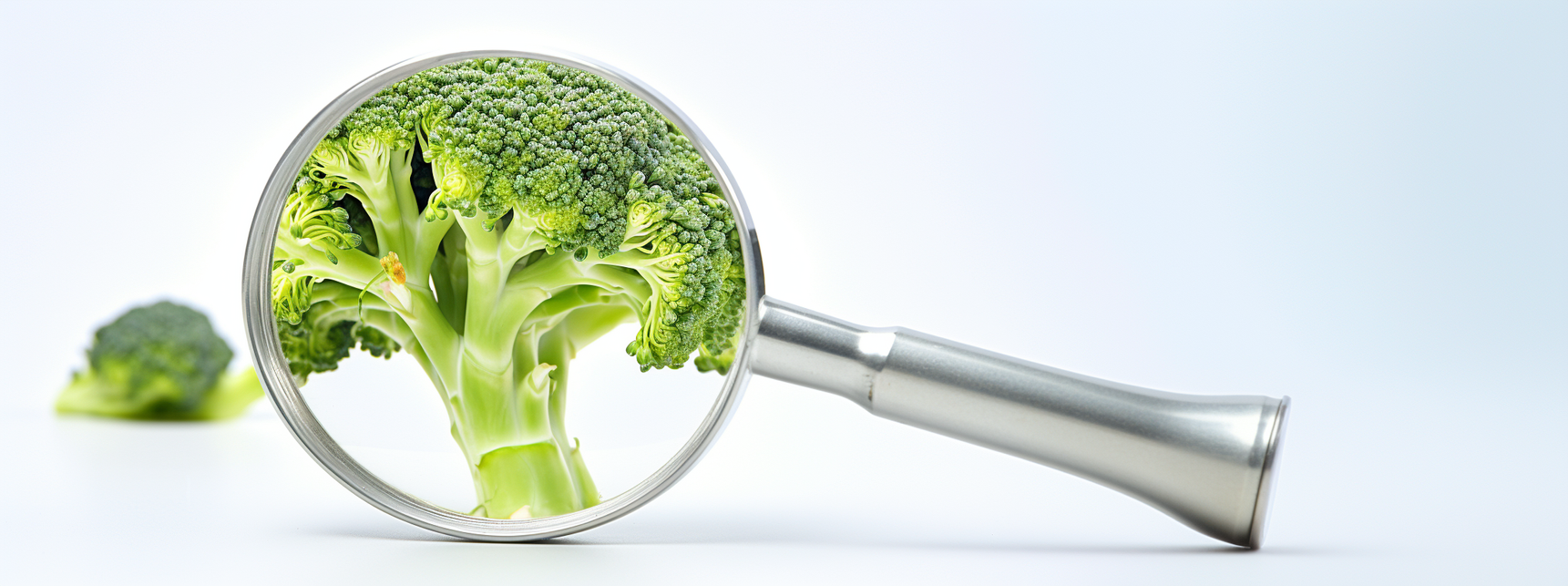
Topic world Food safety
Food safety is at the heart of the food and beverage industry. It ensures that the food we eat every day is not only nutritious, but also free of harmful contaminants. From field to plate, the industry monitors and regulates every step of the process with strict quality controls, advanced testing methods and continuous research.
